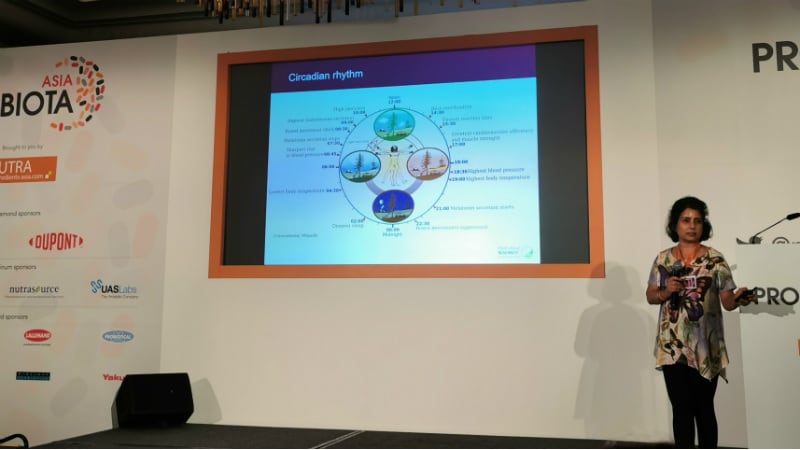The investment from the government-funded initiative amounts to $100,000, and will research the patented bioactive formulation produced by Quantec Limited – a Waikato-based firm specialising in high-value bioactives from natural products.
The research, led by Dr Dulantha Ulluwishewa from AgResearch, will officially take place in New Zealand next January.
Speaking to NutraIngredients-Asia, Rod Claycomb, innovation director at Quantec, said that the research which would run for 12 months, and would look at the benefits of IDP in improving intestinal barrier function as a way of alleviating gut disorders.
Using a gut model, the research aims to characterise the activities of the IDP proteins at the gut mucosal level.
Previous findings have showed that IDP exhibits barrier functionality through a “triple A system”, namely anti-inflammatory, antioxidant, and antimicrobial properties, which are also applicable to digestive health.
In-vitro studies by the firm found out that IDP could kill pathogenic bacteria such as E. coli quite effectively, but has limited effects on some commensal bacteria, such as lactobacillus and bifidobacteria.
“Our hypothesis is that, IDP, being able to selectively kill the pathogenic organisms, but not the commensal organisms, means that we can use it to rebalance or keep balancing the gut microbiome,” Claycomb said.
Depending on the research results, the firm hopes to then find out the effects of IDP on medical conditions such as irritable bowel syndromes through human studies.
It will also assess IDP’s effects on general gut comfort by studying its structural-function relation and develop IDP-based gut health products for the adults.
Commenting on the investment in to this research, Joanne Todd, HVN challenge director said that the firm had “proven expertise in the development and commercialisation of uniquely New Zealand products for the Chinese market.”
“To continue their growth trajectory and achieve export and sales targets in a competitive Asian market, Quantec has identified the need to develop F&B products with validated digestive health benefits.”
Under the HVN challenge, functional gut disorders are a key research areas, as these conditions are recognised by some regulators in the context of health claims to allow extrapolation of clinical studies to the general population.
Key markets
Quantec’s current biggest markets for its IDP ingredients are Latin America and China, where IDP is sold in skincare products in the former and milk powder for young children for the latter.
These end-products do not currently bear any functional health claims.
Working with its distributor, the firm has been exporting and selling its milk powder sachets in China’s brick-and-mortar stores via the brand Laitap for about seven years.
Last year, it also started to sell a ready-to-drink squeeze pack, where IDP is incorporated into emulsified flaxseed oil.





